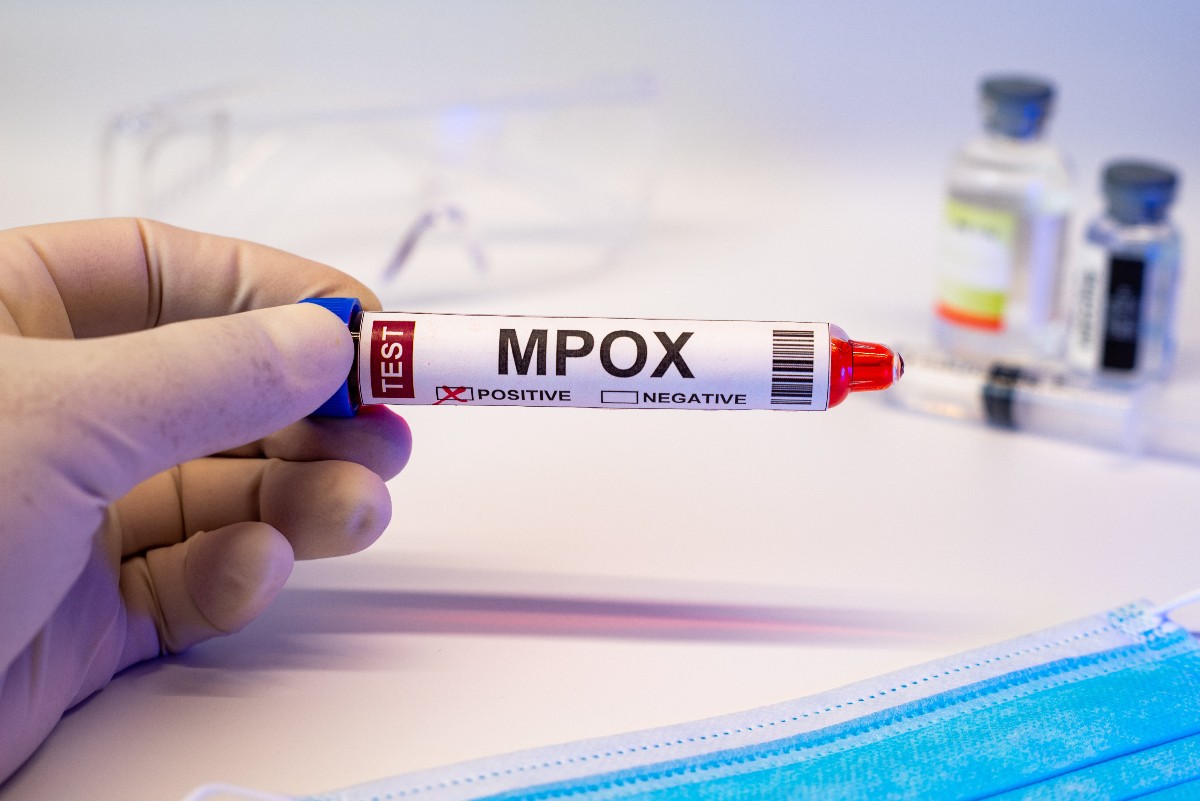
Endometriosis could be linked to the health of a woman’s microbiome, a new study says. The discovery might help lead to an early test for the painful condition, and possible new treatments. A specific set of bacteria in women’s gut microbiome appear to be unique among those with endometriosis, a condition that occurs when tissue… read on > read on >


















